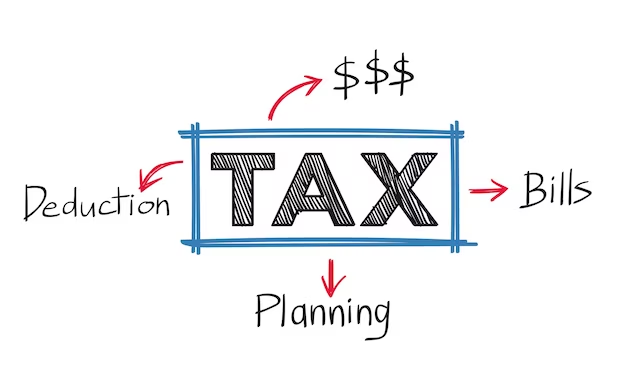-
Lawyer directory
-
Find a Lawyer near you
We have all lawyers in the US.
Find the best ones near you.First, choose your state:
-
Find a lawyer by practice area
Start with your legal issue to find the
right lawyer for you.Choose an area of law that your issue relates to:
- Accident Attorneys
- Administrative & Governmental Law Attorneys
- Adoption Attorneys
- Agencies & Brokerage
- Appeals Attorneys
- Appellate Practice law
- Asbestos Diseases Attorneys
- Attorneys Information & Referral Services
- Bail Bonds
- Bail Bonds Referral Services
- Banking and Investment Law Attorneys
- Bankruptcy Lawyers
- Business Lawyers
- Civil Law Attorneys
- Collections Law Attorneys
- Computers & Technology Law Attorneys
- Condominium Law Attorneys
- Constitutional Law Attorneys
- Construction Law Attorneys
- Contract & Construction Law
- Copyright Patent & Trademark
- Corporation Law Attorneys
- Criminal Defense Lawyers
- Custody & Support Law Attorneys
- Customs Law
- Debt Consolidation Attorneys
- Disability Law Attorneys
- Discrimination & Civil Rights Law
- Divorce Lawyers
- Domestic Relations & Family Law
-
-
Free Q &A and articles
-
Ask a free question
Post your question and get advice from multiple lawyers.
-
Read articles by lawyers
Better understand your legal issue by reading guides written by real lawyers.
Expert articles by lawyers
- Automobile
- Banking
- Bankruptcy
- Business Law
- Car Accident
- Construction Accident
- Criminal Defense
- Discrimination
- Divorce
- Education & Universities
- Employment
- Environmental
- Estate Planning
- Family Law
- Finance
- General Practice
- Government
- Harassment
- Healthcare
- Immigration
- Industry
- Injury
- Intellectual Property
- International Law
- Internet
- Legal Services
- Litigation
- Medical Malpractice
- Medicare & Medicaid
- Manufacturing
- Marketing
- Natural Resources Law
- Personal Injury
- Productivity
- Privacy
- Real Estate
- Senior Law
- Social Security
- Social Media
- Tax
- Trademark & Patent
- Work Related Injury
-
- Grow your Practice





